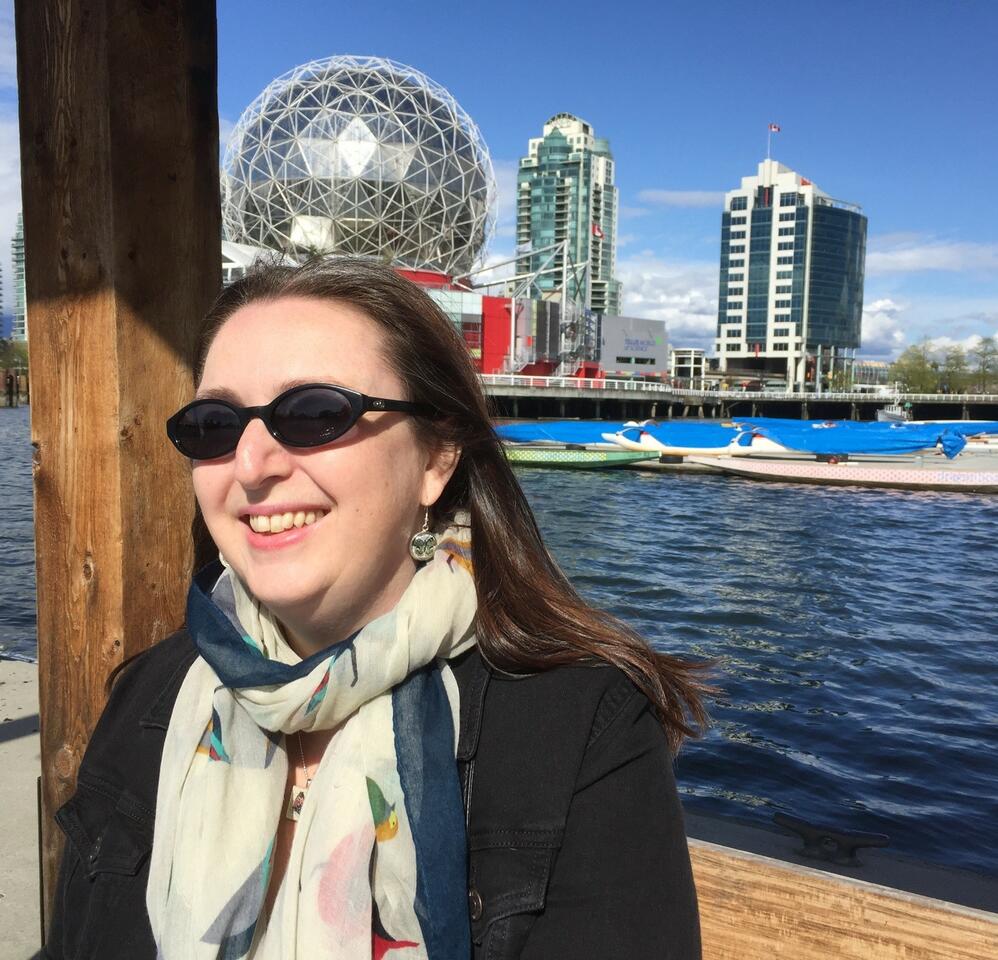
3 Things I Wish I’d Known When I Was in Graduate School
Summer is finally here and for many UBC alumni, this means planning for graduate school. If you are pursuing further education in the fall, this article by UBC Professor and alumna Dr. Kim Snowden, PhD'07 will help you maximize your time at graduate school and position yourself for career success.
Navigating Graduate School
As a graduate student you will have access to lots of information and support regarding funding, awards, and publishing. While these are all important aspects to building an academic career, there are three key areas that are often overlooked, things I wish I'd known when I was in graduate school.
1. Your Network is the Foundation of Your Career
Making connections and establishing relationships is important for any career. As a graduate student, your relationship with your supervisor is important but you will also need support and references from other colleagues. So I offer this simple advice: be visible and show up. When I was starting out as a graduate student, I often didn’t stay for the lecture or the performance or the social gathering. My fellow students who were able to attend became more visible - people knew their names, said hello in the halls, asked their opinions about the events, and their networks grew beyond our unit. If you are able to do so, attend events, be present, say hello - your department head might be awed by your brilliant articles but if they can’t put a face to the work, they are not going to be an effective referee.
2. Teaching is Just as Important as Publishing
Regardless of your academic trajectory, teaching a class or taking a TA position is excellent experience for a number of reasons. As a TA you will have a faculty mentor - someone who can then be a reference. Take the opportunity to learn from them - if they are amenable, give suggestions for readings, offer to lead a discussion, ask to teach a lecture if one is not offered to you. If you are eligible to teach a class of your own, this is invaluable experience - course design and development are key things to note on an academic CV. It’s rare for any graduate student to go directly from their PhD into a tenure-track position - you will most likely end up with a post-doc which will include some teaching, or you will teach some sessional courses first. If you are applying for a faculty position in any stream, you will likely have to teach as part of your interview - having teaching or TA experience is vital here and, in my opinion, just as important as publishing.
3. Engaging in Professional Development is Time Well Spent
Many departments will offer workshops on grant applications or publishing, but learning about CVs, job applications etc. is just as important. These may be offered at your institution and see if your specific unit offers them too. If they don’t, ask if it’s possible. Academic CVs are very specific and they are different for teaching and research jobs. You also need to know how to write brief statements about your pedagogy, about your research, how to write a cover letter for different kinds of positions and how to prepare for a job interview. This is something that I didn’t have access to as a graduate student and that would have been really helpful. You can also learn this from excellent websites like The Professor is In (http://theprofessorisin.com) or University Affairs (https://www.universityaffairs.ca) and of course having input from colleagues and seeing examples specific to your discipline is invaluable.
Final Note
Throughout your time at graduate school, I encourage you to reach out to your fellow cohort, students in the years ahead of you, junior colleagues and, perhaps most importantly, alumni from your program. Ask your unit to organize an alumni panel or connect on social media with alumni. Alumni are your best resource - reach out and then pay it forward!
Kim Snowden PhD'07 is a Lecturer and Undergraduate Advisor at the Social Justice Institute at UBC where she teaches courses on social justice & social media, folk & fairy tales, science fiction & fantasy, young adult literature, and monsters of all kinds.





























